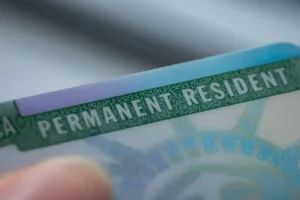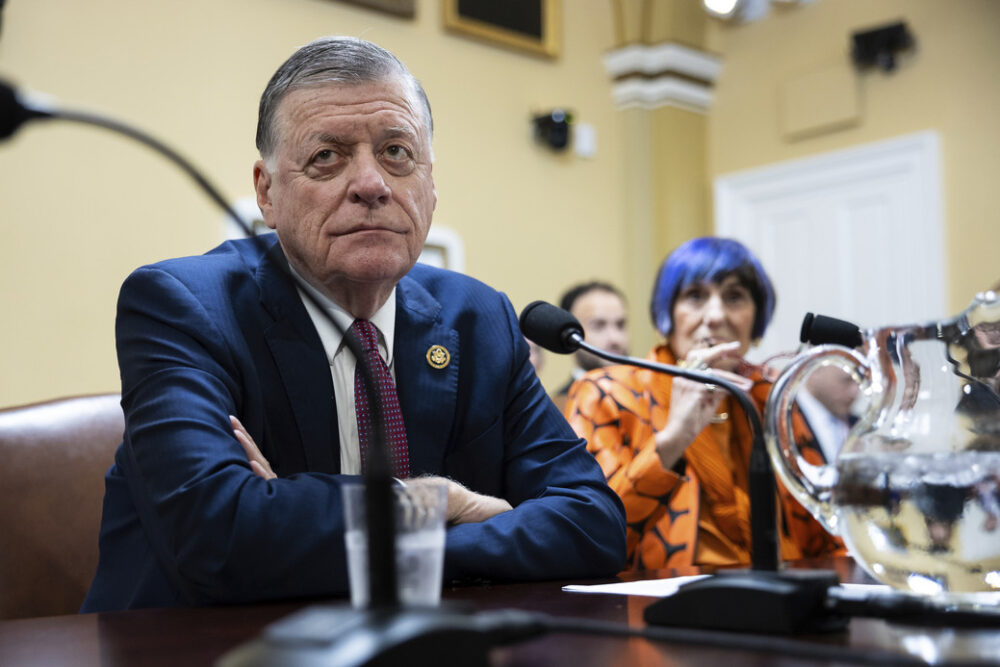The Trump administration has been given a deadline by federal judges to inform the court how it will comply with orders to distribute November’s Supplemental Nutrition Assistance Program (SNAP) benefits amid the ongoing government shutdown. The U.S. Department of Agriculture (USDA) had originally planned to halt SNAP payments starting November 1, citing inability to maintain funding due to the shutdown. SNAP supports approximately one in eight Americans and costs about $8 billion monthly nationwide.
Two separate court rulings from Rhode Island and Massachusetts require the administration to use $5.25 billion in contingency funds to continue funding the SNAP program. The judges allowed discretion for the administration to release either partial payments by midweek or full payments by the end of Monday, November 3. If contingency funds fall short, the agency was also advised to explore other funding sources, including discretionary funds with a balance of around $23 billion.
A coalition of Democratic state attorneys general and governors, representing 25 states and the District of Columbia, have challenged the planned payment freeze, arguing that the Trump administration has a legal responsibility to maintain SNAP operations. Several cities and nonprofit organizations have also joined the legal challenge.
Despite court mandates, the timing of SNAP payments in November remains uncertain and delays are expected because states must reload recipients’ electronic benefit transfer cards—a process that can take several days. This has led to widespread concern for millions of Americans who rely on SNAP for food security.
Federal judges praised President Trump’s responsiveness to the court order, but tensions remain high as Congress continues to grapple with the prolonged shutdown and the impact on essential social safety net programs like SNAP.















